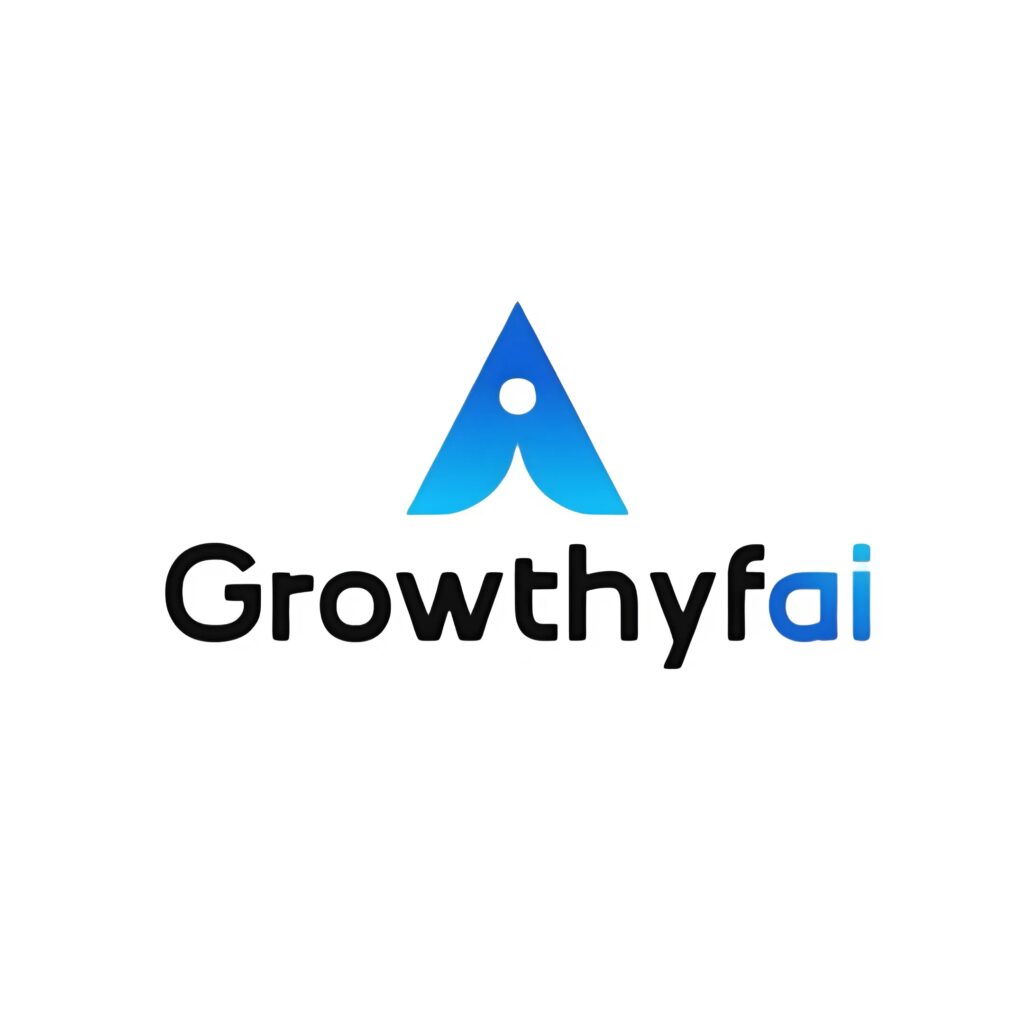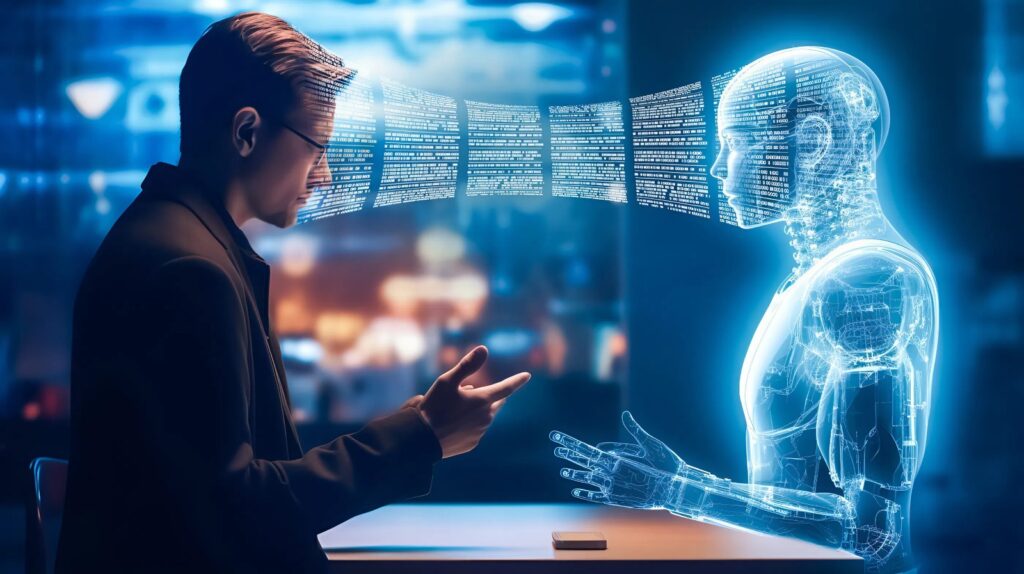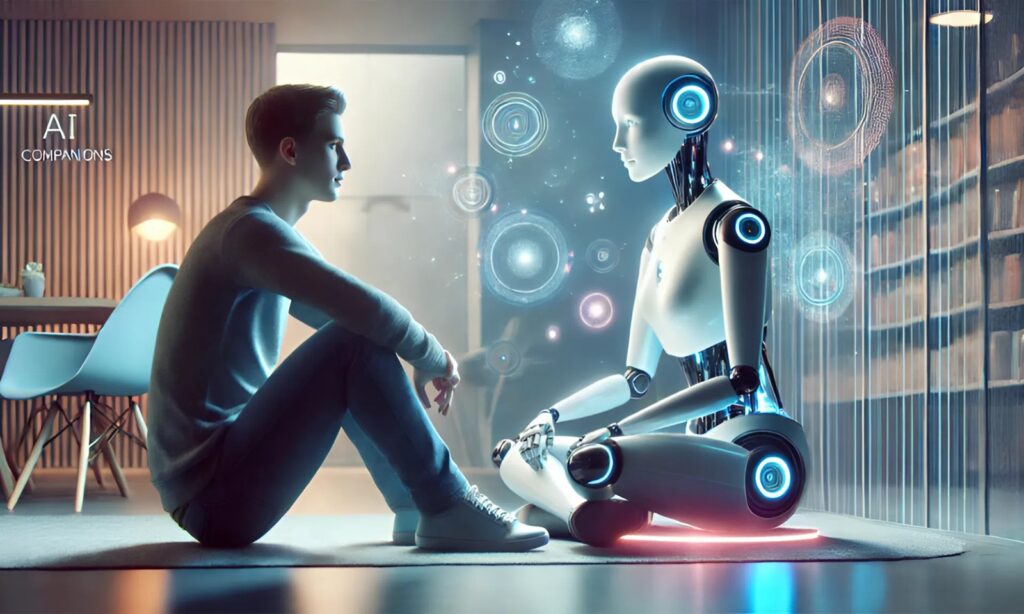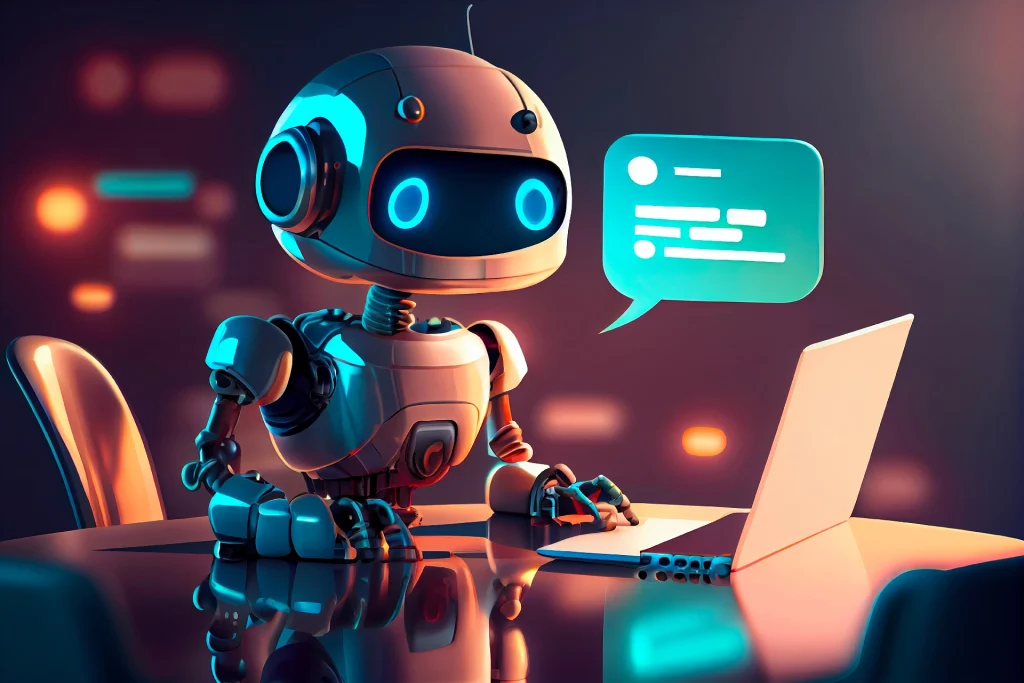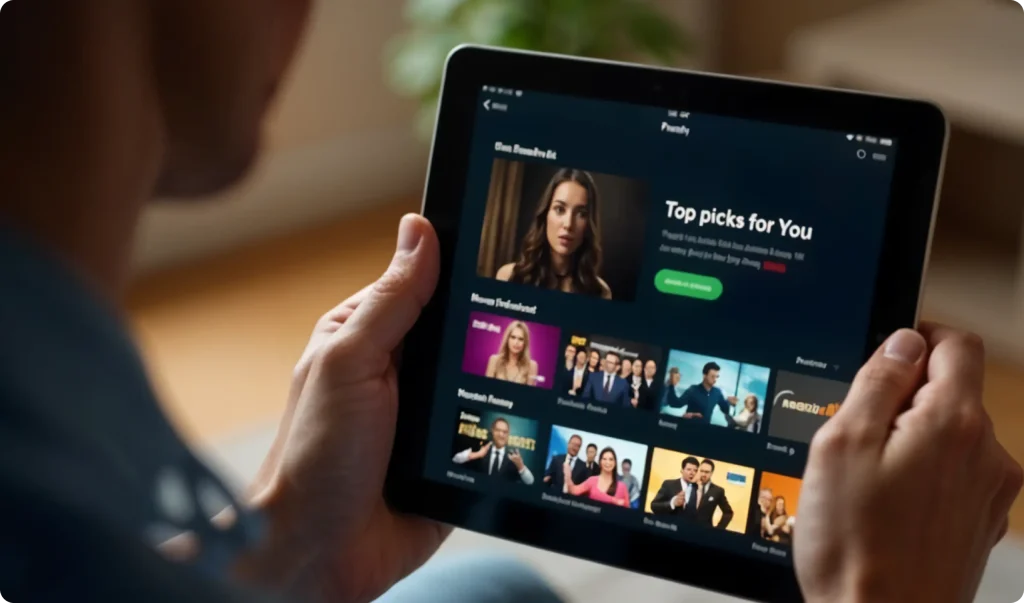How AI-Powered Personal Assistants Are Reshaping Our Daily Lives
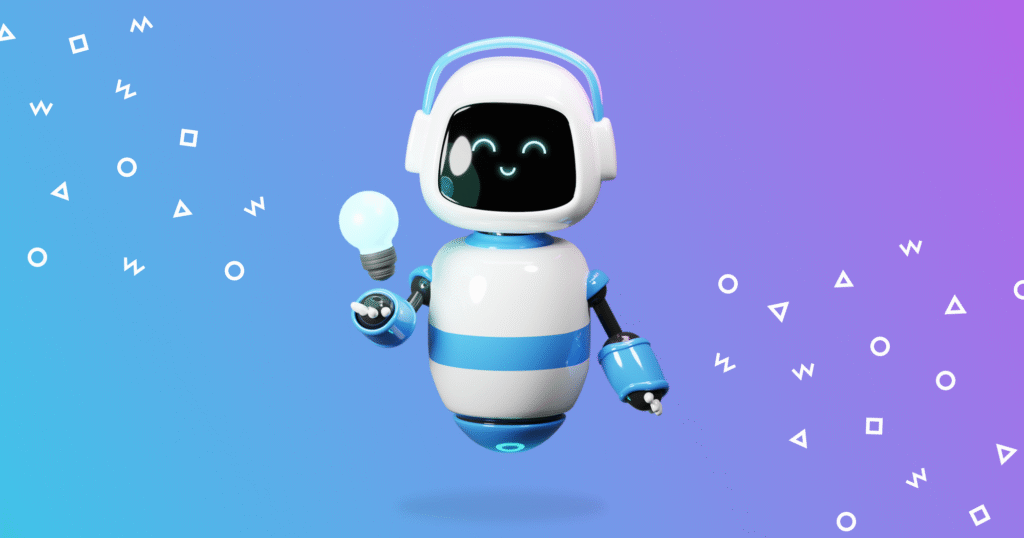

In the ever-evolving landscape of technology, one of the most transformative innovations in recent years has been AI-powered personal assistants. These digital concierges have seamlessly integrated into our daily routines, significantly enhancing how we manage time, interact with technology, and perform tasks both mundane and complex. From assisting with simple reminders to managing multifaceted schedules, AI-driven personal assistants are reshaping how we live. This blog explores the various dimensions in which AI personal assistants are making an impact.
The Evolution of AI-Powered Personal Assistants
The journey of AI assistants began with rudimentary voice recognition systems and has evolved into sophisticated platforms capable of performing an array of functions. Early pioneers like Apple’s Siri and Google Assistant paved the way, but today’s landscape includes AI systems such as Amazon’s Alexa, Microsoft’s Cortana, and emerging platforms like Samsung’s Bixby. These assistants harness natural language processing, machine learning, and data analytics to understand and predict user needs with uncanny accuracy.
Advancements in artificial intelligence have allowed these systems to go beyond basic tasks, enabling them to learn from user habits and preferences to provide a more personalized experience. As these digital assistants gain more data from users, their relevance and effectiveness only intensify.
Integration into Daily Schedules
One of the most significant ways AI assistants are reshaping our lives is through their integration into daily schedules. By syncing with our calendars, they offer reminders and updates on meetings, appointments, and deadlines, effectively acting as digital secretaries. For instance, Google Assistant can manage your Google Calendar events, sending timely notifications and alerts, while Amazon Alexa can schedule to-do lists compatible with other platforms you use, ensuring nothing falls through the cracks.
Moreover, AI assistants are not limited to voice commands. Integration with smart home devices means you can automate and control lighting, thermostats, and even coffee machines, allowing for seamless morning routines tailored to individual preferences and schedules.
Enhancing Productivity and Time Management
AI-powered assistants excel at optimizing productivity. By handling routine tasks such as sending emails, texting reminders, or managing contact lists, they free up valuable time for users to focus on more essential activities. For professionals, AI assistants can summarize meetings, set actionable reminders based on conversations, and even book flights and hotels for business trips.

Facilitating Seamless Communication
In today’s fast-paced world, effective communication is crucial, and AI assistants are playing a pivotal role. Whether it is needing to send a quick message or initiate a video call, voice-activated commands make it straightforward. For instance, Apple’s Siri can use voice commands to send messages via apps like iMessage or WhatsApp, requiring minimal manual input.
Beyond text communication, AI assistants are increasingly being deployed in customer service fields. AI chatbots now handle an extensive range of customer queries effectively and efficiently, providing rapid, accurate responses that enhance user satisfaction. This shift not only benefits businesses by streamlining operations but improves the customer experience by providing instant assistance.
Promoting Health and Well-being
AI-powered personal assistants are also making significant strides in the health and wellbeing space. Many are equipped to provide fitness tips, suggest workout routines, or track health data such as steps, calories burned, and sleep patterns. With tools like Apple’s HealthKit or Google Fit, users can set health goals and receive personalized insights based on their activity levels.
Furthermore, mental wellbeing is being addressed, as some assistants offer mindfulness exercises or meditations that can be scheduled into the day, promoting a balanced lifestyle. For instance, Amazon’s Alexa can guide you through a yoga routine or meditation session, integrating smoothly with your self-care practices.
Creating Custom Entertainment Experiences
AI assistants not only manage work and productivity but also enhance entertainment experiences. They curate playlists based on listening habits, recommend shows based on viewing patterns, and even read audiobooks upon request. Alexa, for example, can sync with streaming services to provide a tailored entertainment experience without needing manual navigation or search.
Moreover, AI-driven personal assistants are increasingly used in gaming, providing hands-free control and integration with gaming consoles, allowing for an immersive and interactive experience. This integration reflects the shift towards more personalized and intuitive user engagements in the digital lifestyle.
Conclusion
The integration of AI-powered personal assistants into our daily lives marks a significant milestone in digital evolution. From managing our schedules with ease to optimizing productivity and promoting wellbeing, these digital aides have become indispensable. As AI technology continues to advance, we can only anticipate further innovations and increased capabilities, further embedding these assistants into the tapestry of our everyday lives. While embracing these advancements, it is crucial to navigate potential challenges such as privacy concerns and dependency, ensuring these tools enhance rather than detract from the human experience.
In conclusion, as AI personal assistants become more intuitive and integrated, they promise to revolutionize our digital lifestyles continually, offering endless possibilities for enhancing everyday living.

